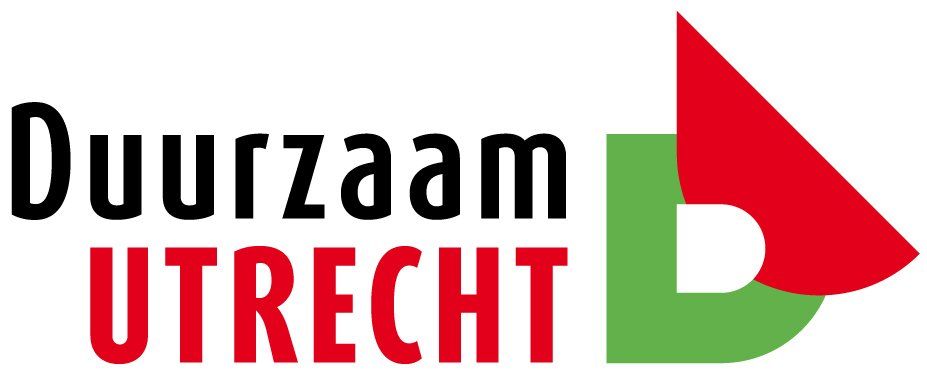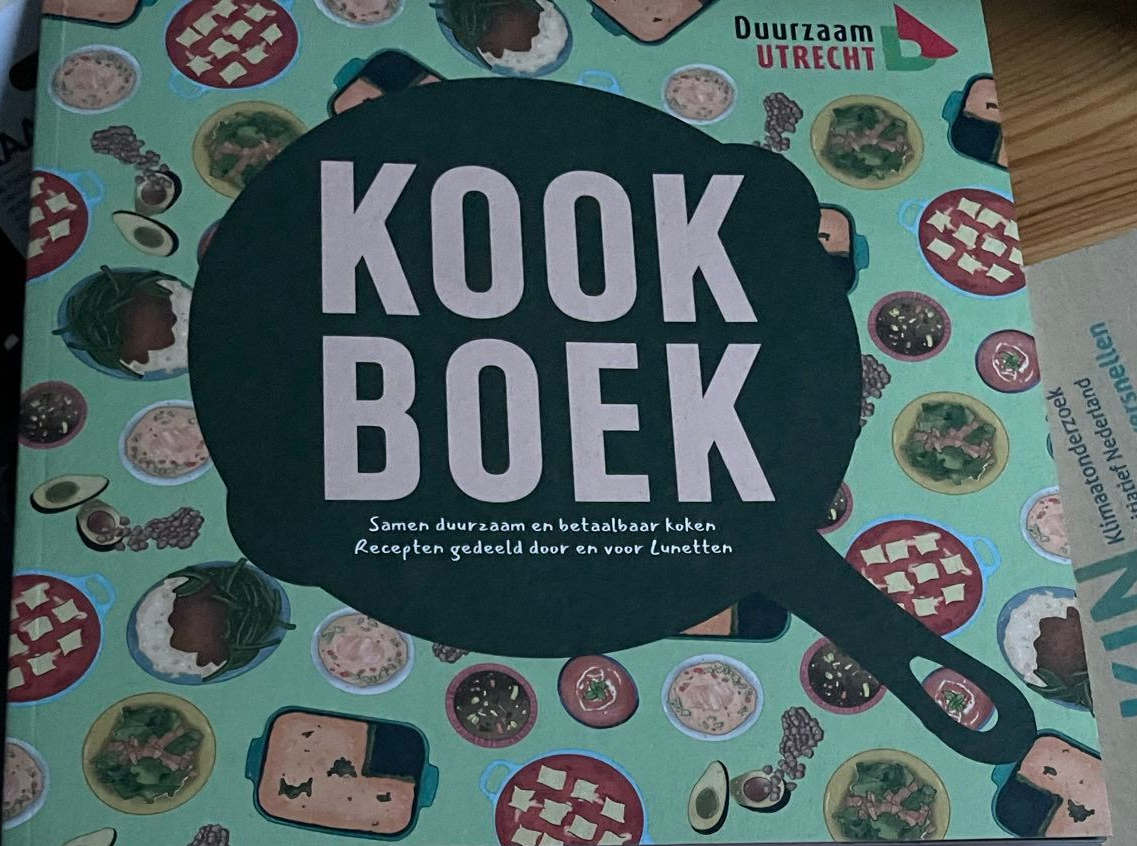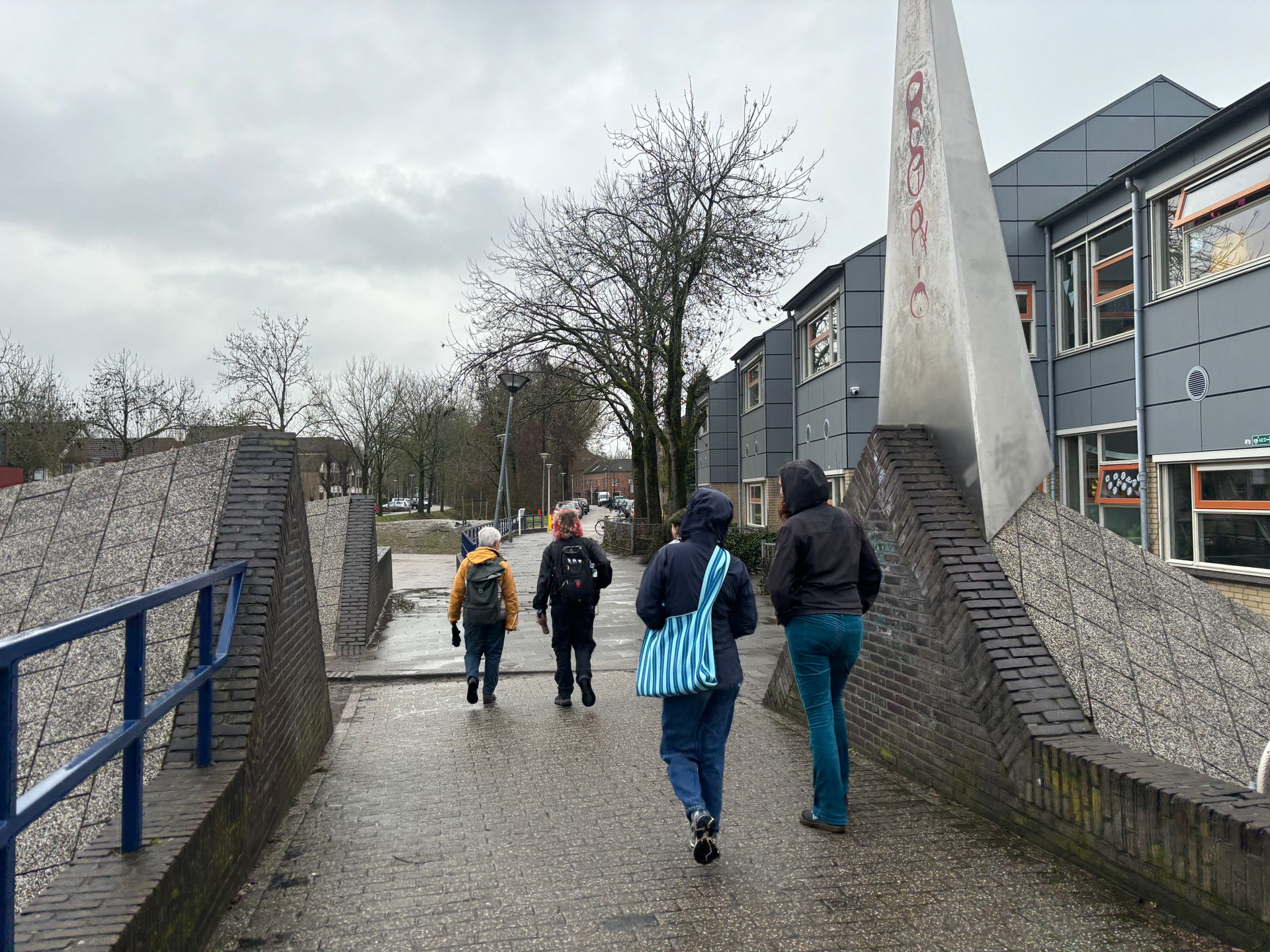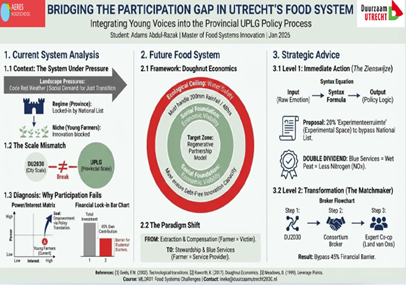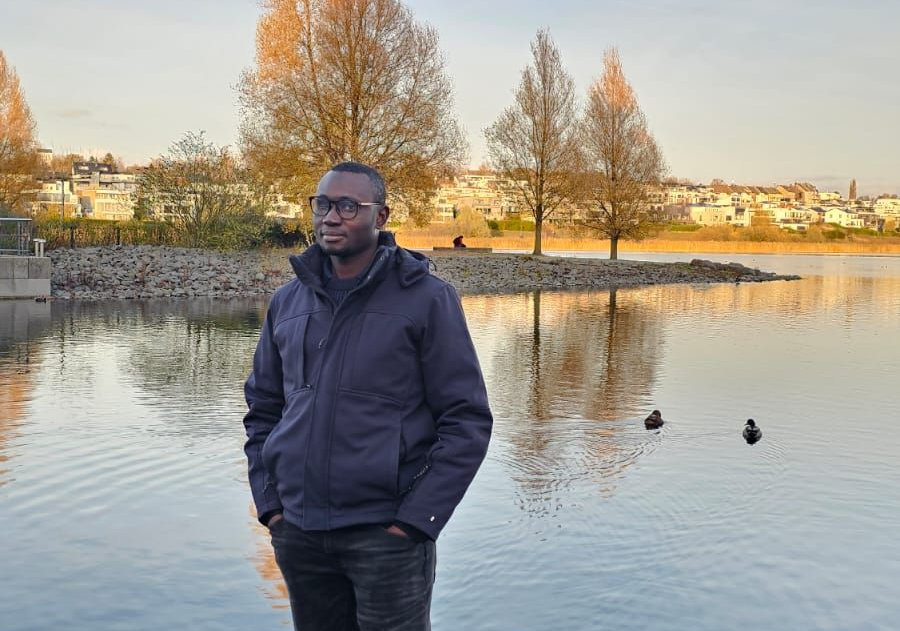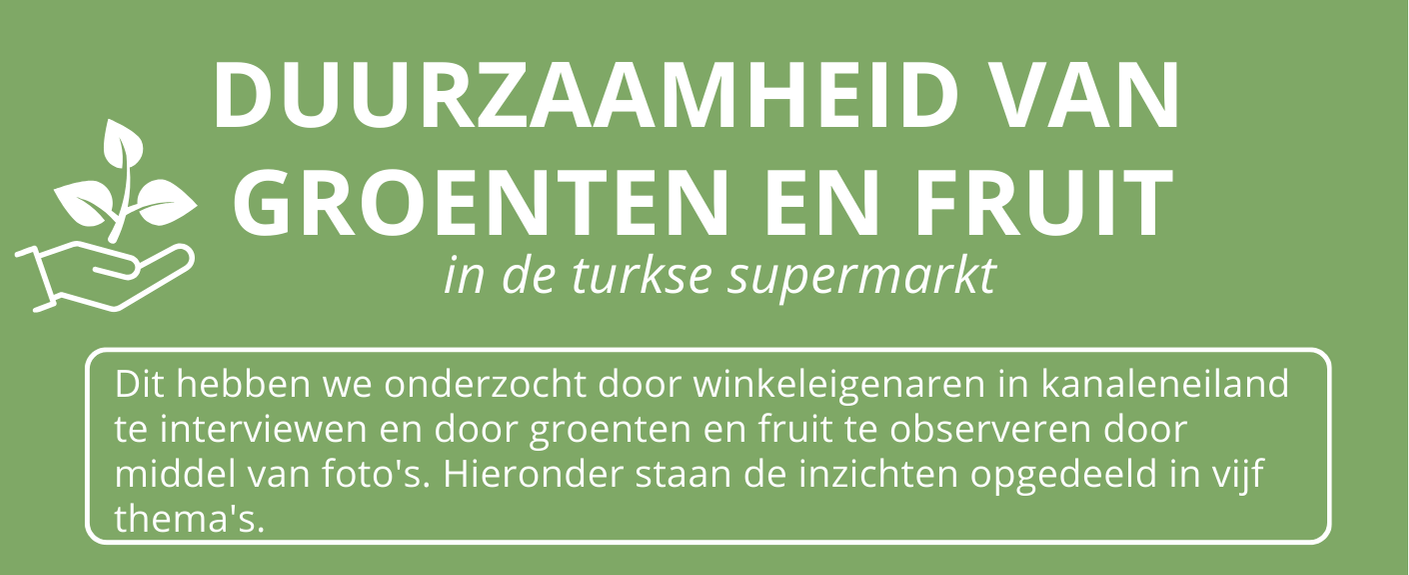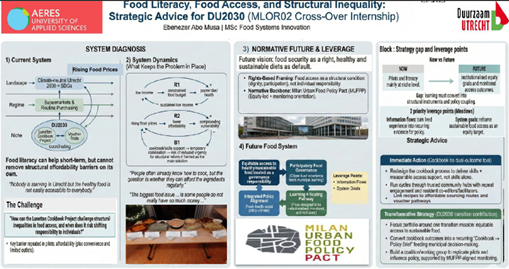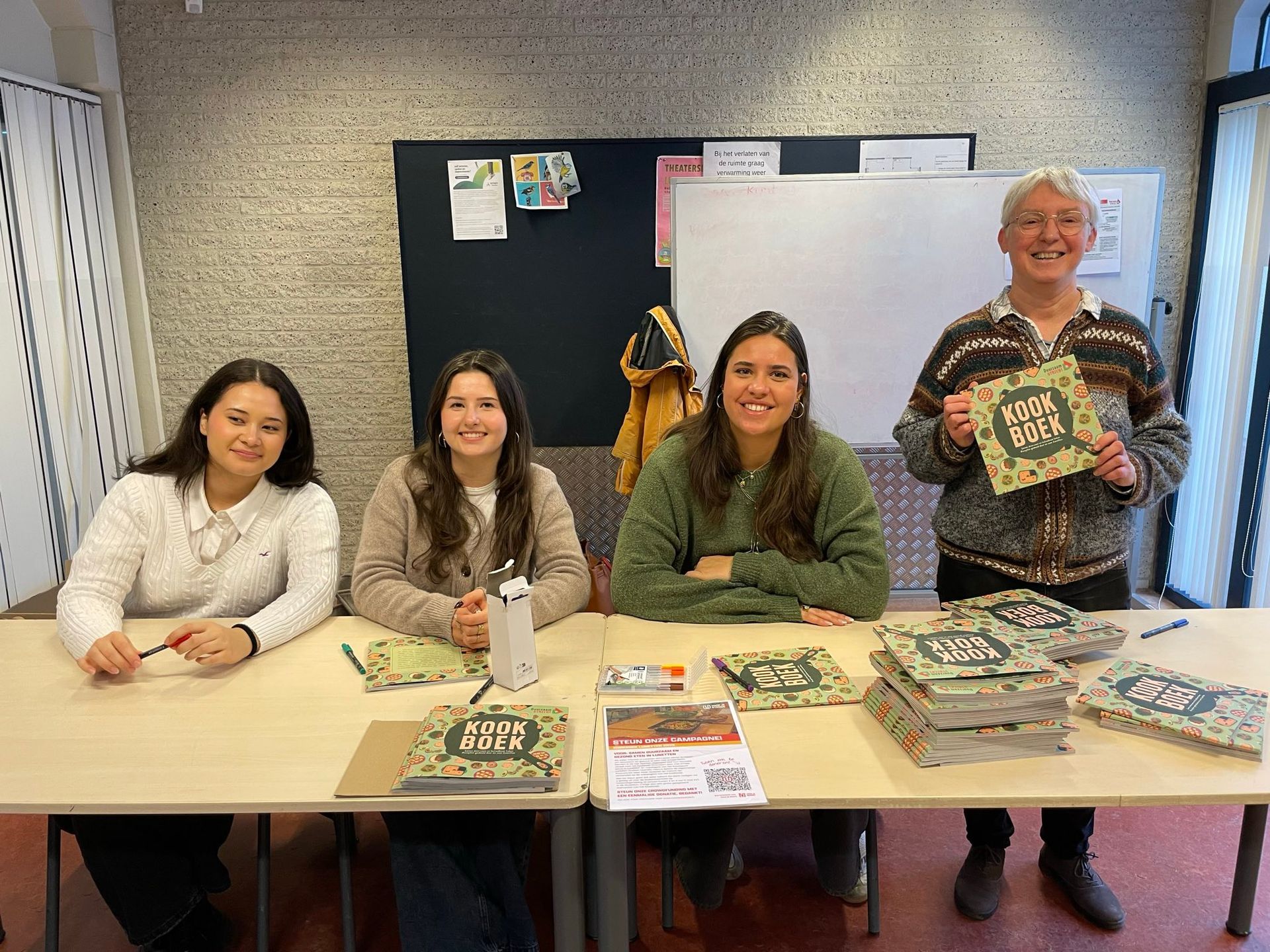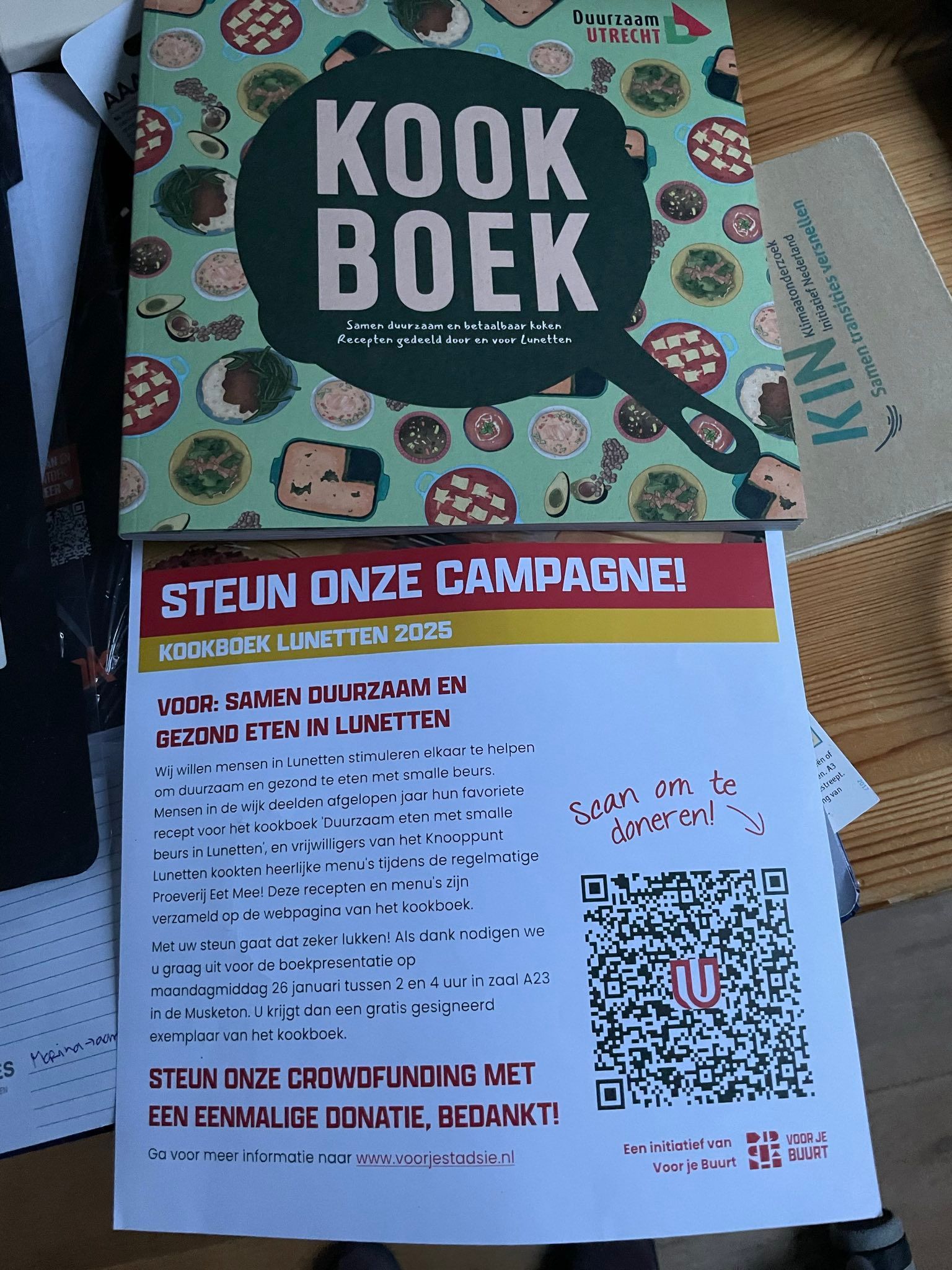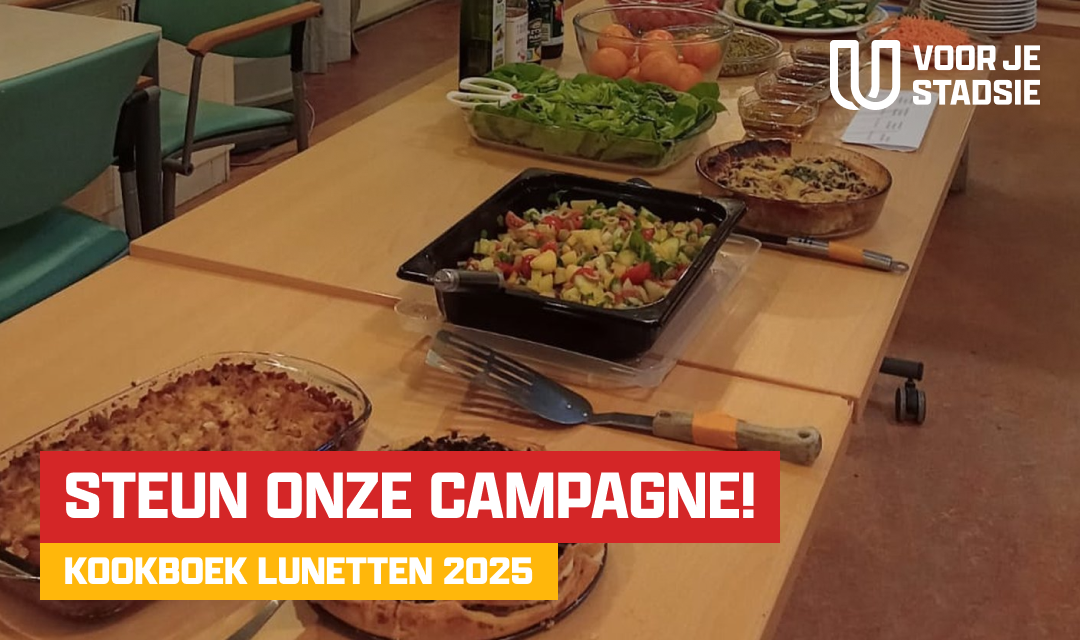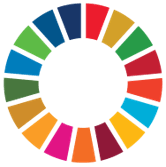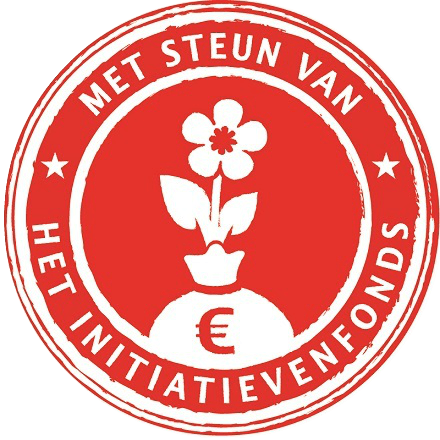Street Surveys at Science Park - let the students speak!
Giulia and Ollie interview students about accessible sustainability: what do they have to say?
As part of our mission to include all voices of Utrecht, we decided to head to the bustling UU campus center during lunch break to ask students what they think of sustainable living, both as individuals and in regards to governmental policies. We recorded their answers, and plan to release a short podcast including some of their most interesting thoughts - so stay tuned!
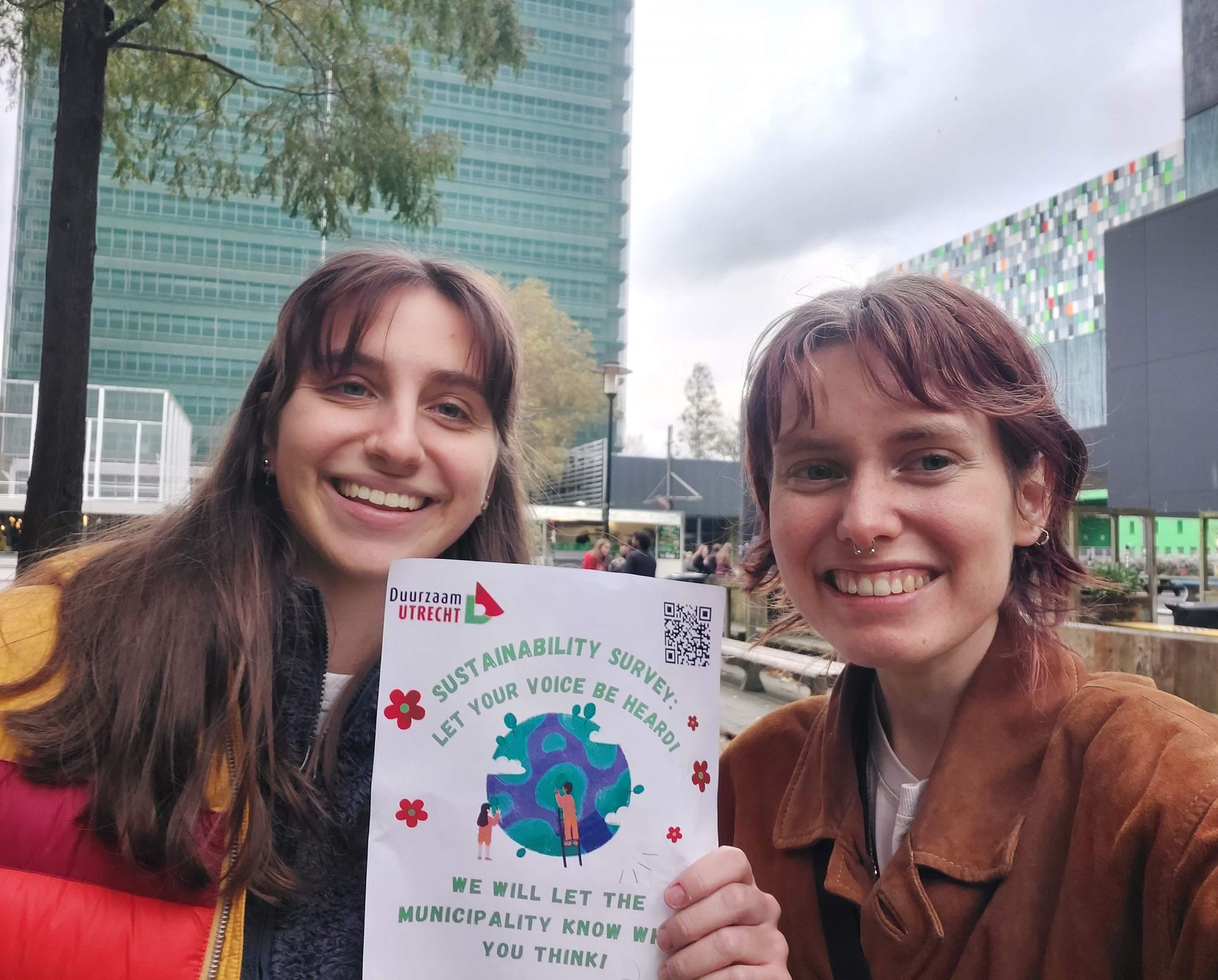
So, what did we learn?
When asked about individual, everyday actions, students prioritized three main topics : recycling, eating less animal products, and most importantly, sustainable transportation. Interestingly, many students almost immediately included suggestions on what the government or education system could improve in their answers about individual actions. Although most agreed that individual actions make a difference (unfortunately not all of them!), they emphasized that there needs to be policy change to create a sustainable and socially just Utrecht. Implementing changes at Universities is a wonderful place to start, as they reach many people, and tend to impact new social norms or trends.
- recycling
Students were proud to report that they were careful to separate different kinds of waste.
However, there could be some areas of improvement: one student admitted to not knowing what to do with special kinds of waste such as lightbulbs or batteries. Although she knows there are places available to throw these out, they are inconveniently located and not made transparent - especially to English speakers in Utrecht.
Additionally, students rightfully complained about the lack of public water fountains in Utrecht. They said that it is useless for them to buy a reusable water bottle if there is nowhere to fill it up (or only in private restrooms, for examples). They also raised concerns about people who are too poor to afford buying water: Water is a basic human right, and should be available to all!
2. eating less animal products
Although we did not interview any vegetarians or vegans, many students stated that they were trying to avoid animal products as much as possible. I am fully vegan myself, but I think any step towards eating less animal products is a step in the right direction! Putting too much pressure on yourself to be 100% vegan to begin with can be extremely discouraging, so I congratulate anyone who is trying to make a change, no matter how small.
One student brought up the fact that vegan meat replacements are much too expensive for most students to afford. I agree with her: all I can afford to buy regularly is tofu, so I have to get creative with cooking! Perhaps the municipality could work on subsidizing vegan products and taxing meat more heavily.
3. sustainable transportation
The main focus in all our conversations revolved around the question of transportation. Most students said that they biked almost everywhere. However, international students, who go back home during the holidays, reflected on the environmental cost of flying. Unfortunately, though, due to government subsidies, flying has become a much cheaper option than catching an international train. This needs to change now. Flying is one of the main contributors to CO2 emissions, and decreasing flights, or making them more expensive and using this profit to invest in sustainability, could make a big difference for our future.
Some students have to commute across the Netherlands to get to university. One student, who lives in The Hague (due to the housing crisis) but studies in Utrecht, shared that she has to spend 30 euros three times a week just to be able to attend classes. This eats away the majority of her weekly income. Why are the trains privatized? Why does everything have to come back to profit? If Utrecht wants to be socially just, it must be socially just for all. Education should not have to be this costly.
Hopefully this short reflection is some food for thought, and I look forward to working with Giulia in the future to find out more about sustainable living for all in Utrecht!


